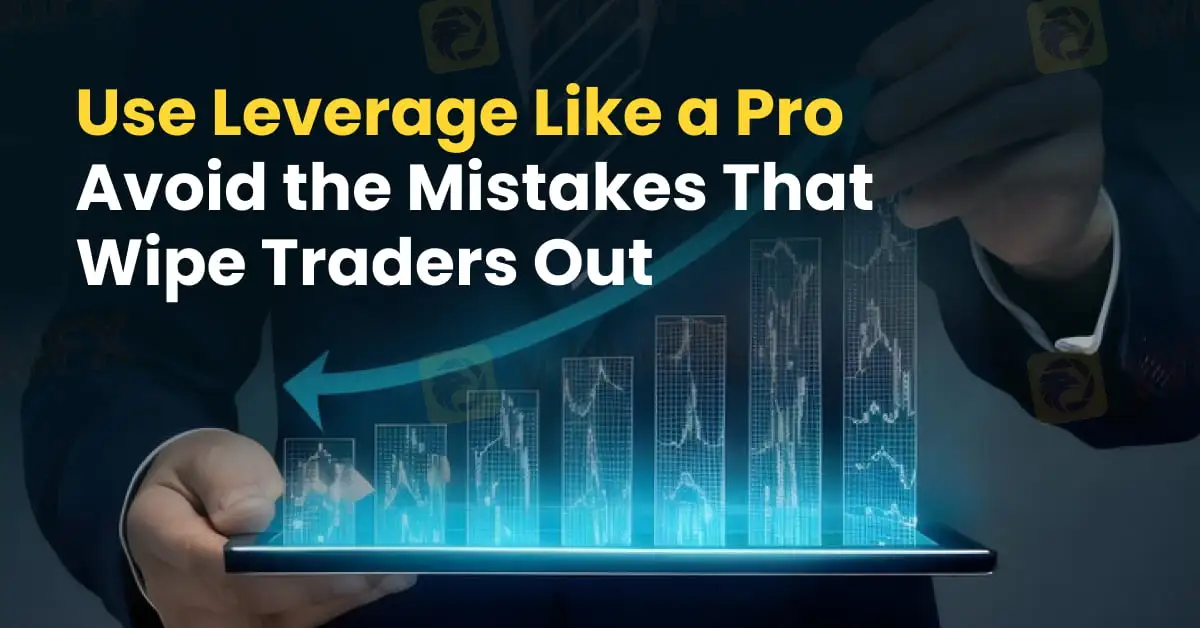Abstract:In the high-stakes world of financial trading, leverage is a potent instrument that enables traders to punch well above their financial weight. By allowing market participants to control larger positions with a relatively small outlay of capital, leverage opens the door to potentially outsized returns. But it is not without peril as amplified gains also come with amplified losses, and understanding how leverage works is crucial for anyone stepping into leveraged markets.

In the high-stakes world of financial trading, leverage is a potent instrument that enables traders to punch well above their financial weight. By allowing market participants to control larger positions with a relatively small outlay of capital, leverage opens the door to potentially outsized returns. But it is not without peril as amplified gains also come with amplified losses, and understanding how leverage works is crucial for anyone stepping into leveraged markets.

At its core, leverage refers to borrowing funds, typically from a broker, to increase the size of a trading position. It's commonly expressed as a ratio, such as 10:1, which means for every $1 of personal capital, the trader controls $10 in the market. This ability to command larger sums with minimal upfront investment enhances capital efficiency but simultaneously increases financial exposure.
Leverage finds broad application across asset classes. In the forex market, its not unusual to see leverage ratios as high as 50:1, particularly in jurisdictions with looser regulatory environments. This allows a trader with $1,000 to control $50,000 in currency exposure. In contrast, shares CFDs might offer 2:1 leverage, while commodity contracts, like crude oil or gold, also frequently involve high leverage levels.

Used wisely, leverage can be a powerful ally. A modest price move in a leveraged position can result in substantial profit. For instance, a 1% gain in an asset value translates into a 10% gain on capital at a 10:1 leverage ratio. This is particularly appealing to short-term traders seeking quick returns on limited capital.
However, the same mechanics apply in reverse. That same 1% move against the trader can equate to a 10% capital loss. Add in market volatility, and losses can quickly spiral. If the value of the position falls too far, brokers may issue margin calls, which are demands for additional funds to keep the position open or close the trade altogether, locking in losses.
Mitigating these risks demands a disciplined approach. Sound risk management strategies are vital, such as using stop-loss orders, diversifying across asset classes, and actively monitoring positions. Traders must also educate themselves on how leverage interacts with market conditions and price swings.
Its equally important to understand that leverage limits and margin requirements vary depending on jurisdiction. Regulators like the European Securities and Markets Authority (ESMA) or the U.S. Commodity Futures Trading Commission (CFTC) impose strict leverage caps to protect retail investors. These safeguards reflect just how risky unbridled leverage can be.
Leverage is not inherently good or bad. Its a neutral tool that magnifies outcomes. For the savvy, well-prepared trader, it offers a way to optimise returns and utilise capital efficiently. For the unwary or overconfident, it can result in swift and devastating losses. Knowing when and how to deploy leverage is one of the most important decisions a trader can make. In the end, success with leverage hinges not on bravado, but on strategy, discipline, and a clear-eyed view of risk.












